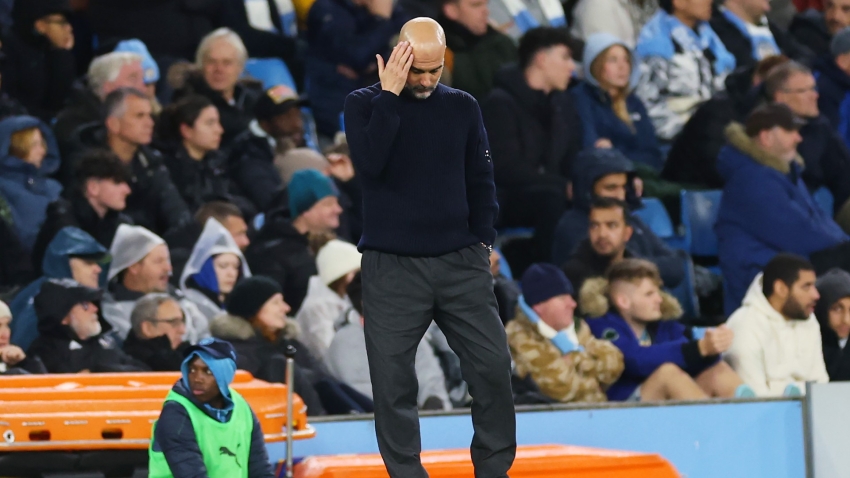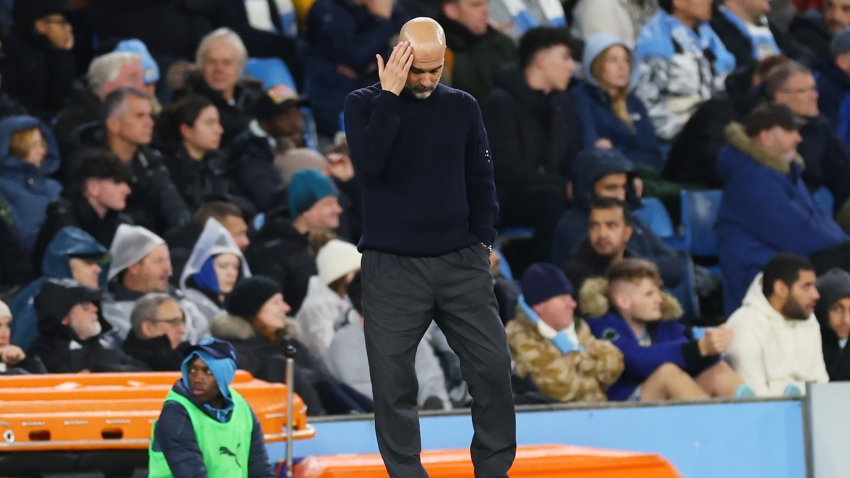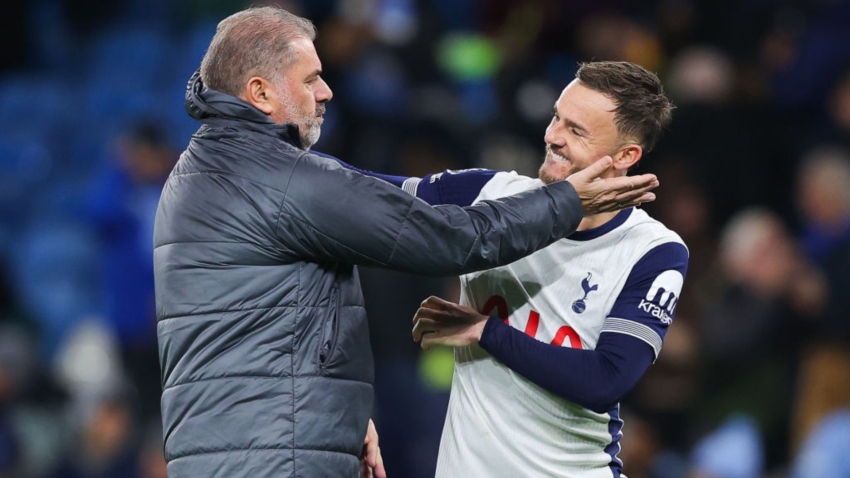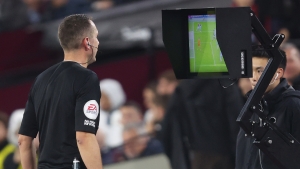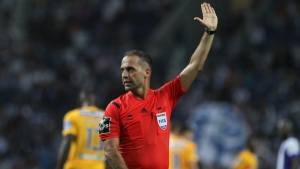Fans have a right to be concerned over the proposed introduction of blue cards in football, according to former FIFA referee Duarte Gomes.
Football lawmakers IFAB announced this month it would trial the implementation of blue cards, which would see players sin-binned for 10 minutes should they commit dissent or a cynical foul.
The announcement was met with concern, with the Premier League stating it would not be part of any trial, while FIFA also distanced itself from the proposals.
Gomes understands the concerns, although he also feels the introduction of blue cards could help to clamp down on dissent in the game.
"Yes, I understand fans' worries," Gomes told Stats Perform. "I understand that they are very emotional sometimes.
"They are very close to their teams, which kills the clarity in their minds. That's perfectly normal, and they have some right to be worried because this is something very strong.
"I think the idea is to prevent more things happening, not to be punished all the time. Maybe we pass the message in the first matches with a yellow, with a blue card, and then the players understand that when they go out for 10 minutes, they will be out of the match without participating.
"They will hurt their teams because they will be with one less player, and it will change a lot. So, this will be the good part, to make a statement to tell them 'don't do that'."
Gomes compared the proposals to VAR, which has undergone many teething problems since its introduction, saying: "I am sure that at this point, in what concerns for example, VAR, everybody with some distance and some clarity can say it was a very good measure because thousands and thousands of situations were corrected using VAR. So maybe this will happen with the blue card."
Gomes has reservations of his own, though, particularly in regards to how impacted teams will potentially look to shut the game down to get through their numerical disadvantage without their chances of victory being hurt.
"We need to balance that, because maybe one solution can create many problems for the referee and become the opposite of the spirit that is trying to be done," Gomes said.
Another worry is the impact of the blue cards on the tempo of the game, which is already under the spotlight with VAR. Gomes shares this view, too.
"I do have some worries about breaking time," Gomes continued. "Again, making the game less fluid and impacting on the emotions of people, because the match will depend on 10 and then 11 and then 10. And it stops and somebody will have to count the 10 minutes.
"There may be a small problem concerning the spectacle, so let's wait and see."
Gomes also highlighted football's uniqueness as a sport in relation to the intensity of emotion as another reason for fans' concerns, adding: "We cannot compare any other indoor sports that have the blue card with football, which is very different in the bigger atmosphere with lots of emotions involved, many, many people.
"Football is very peculiar, very sensitive, it's a world phenomenon, and when you want to change something, you have to do it very carefully, not to hurt the match, not to hurt the spectators, the emotions, but also the players and the teams, and the referees."









